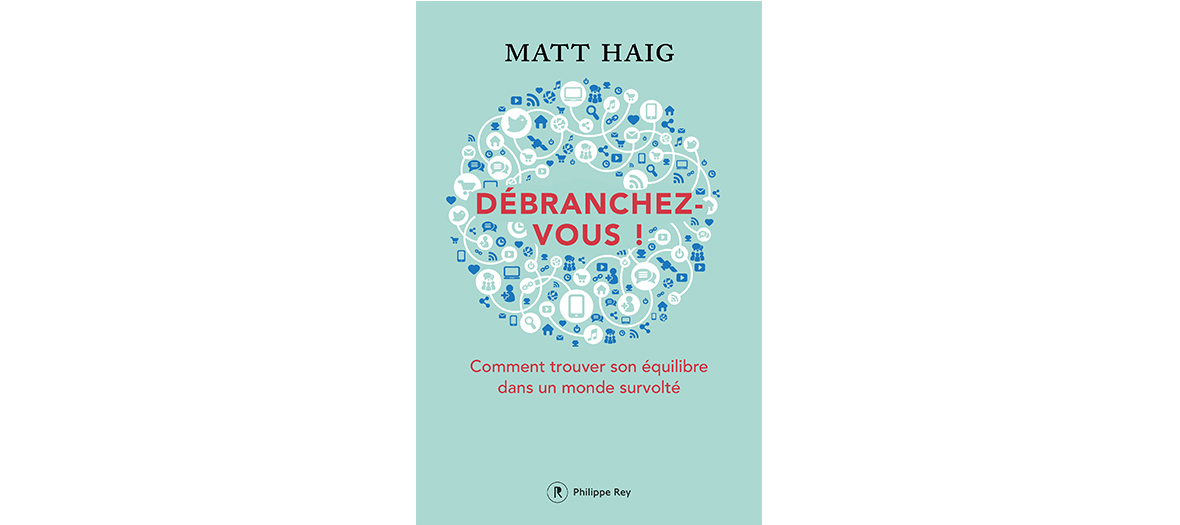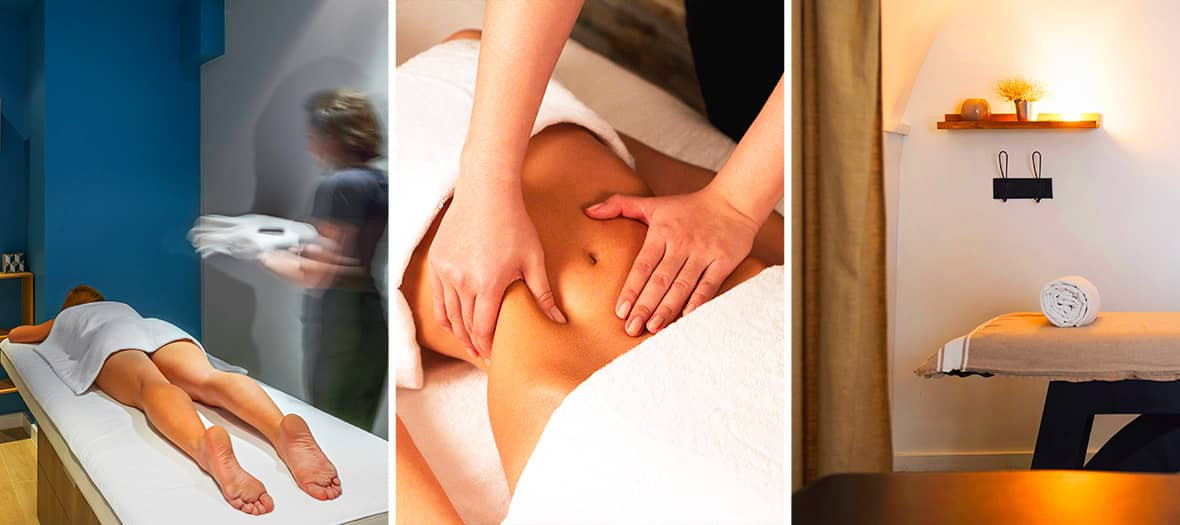Overwhelmed by emails, phone calls, notifications? You look tense, your eyes are tired by the screens? Only one solution: Unplug. In his book, Notes on a nervous planet, n°1 of sales in the U.K, English writer Matt Haig explains why it is important to cut off your brain from daily virtual pressures in order to cope with the modern world. 7 good reasons to unplug:
Social networks affect your mood
Who has not spent three hours hanging out without any purpose on Instagram! Contrarily to being hooked on video games, addiction to social networks is not yet recognized. Yet, platforms such as Facebook, Twitter or Insta (notably the account of Emily Ratajkowski, who gives complexes to the most fit amongst us), invade us both emotionally and psychologically. A simple annoying Twitter post can ruin our morning? No longer follow people you hate, eliminate the application from your phone and only turn on your computer when your need to.
Virtual connecting leads to solitude
The great paradox of our modern world? We are all connected between each other—you have thousands of Facebook friends, and yet have never felt as lonely: anxiety and stress levels are in continual increase. Conventional beauty distributed all over the networks tends to close on people and to nourish absurd complexes. Tell yourself that instead of wasting your time speaking about a rich experience on Facebook or posting a photo for your friends on Instagram, you could spend this time... living a new enriching experience!
Internet stimulates anxiety
Because today you just need to whip out your smartphone to think your headache is a brain cancer or to watch the worse catastrophes of the world filmed in one minute, it is almost impossible to escape what one does not want to see. Most of the time, you are no longer the one seeking out information but it’s information seeking you out through notifications or emails. This could very well feed your worse nightmare. If you are amongst those affected by ongoing media news, turn off your TV, disable the notifications of your phone, and don’t forget: there is no shame in disconnecting.
You can unplug while staying connected
If order not to confuse your mind with the hundreds of more or less joyful news info that can land on your screens each day, limit the time you spend following the news, and consider that the world is not as violent as it seems: cognitive psychologist Steven Pinker explains that, despite daily horrors, our society is in fact less violent than in the past. If the bad news of the world affects you, slow down and learn not to worry about things that you cannot control.
Stay yourself
To resist algorithms and stay human, prevent yourself from becoming a caricature of yourself on the social networks, in photos, posts with your opinions or in the comments you post. Don’t allow anonymity make you into someone you would be embarrassed about off-line. To remain someone that a computer could never really know (and thus preserve your conscious or unconscious freedom of will) ask yourself if the image of yourself that you offer to people is really faithful to what you really are. If the answer is no, click less and go out more!
Be selective in order to think better (and stay intelligent!)
Sorry to say it but it’s the truth: your phone is capable of doing more things at the same time than your brain, which even if it strives to be multi-task, is always less efficient than when it’s concentrated on only one thing. According to the neuro-scientist Daniel Levitin, we are not made for the multiple tasks that Internet encourages to handle. The drawback? By creating a cycle of addiction to dopamine that rewards the brain for its loss of concentration, these multiple tasks can increase stress and... lower your IQ! A tip? Be selective about your applications and only keep the essential ones (RATP to move about Paris or Whatsapp to call your sister for free in Canada).
Screens prevent you from repairing sleep
While the human body might adapt to artificial light in 150,000 generations, such is not the case today: you need to rest, but you don’t sleep enough. Because in this fast-paced world, the temptation of Netflix in bed, shopping online or swipes on your smartphone is high. The problem? Lack of sleep is medically associated to many health issues such as brain attacks, breast and prostate cancers or depressions. In order to manage to disconnect at night before going to bed early, eliminated screens from the bed: the blue light has a negative effect on melatonin, the sleep hormone.

Notes on a nervous planet! by Matt Haig, €19
Also discover : 5 advice to avoid burnout by naturopath Emilie Kapps









































































































